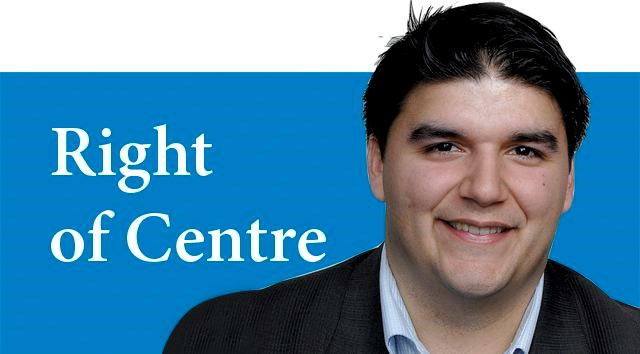There are few problems that appear more intractable for Canada than the question of Aboriginal rights and title. As protests to the west by Wet'suwet'en hereditary chiefs prove, we still don't know who is in charge of a given nation or tribe, let alone how long consent for any project will last. Add to this the incentive for everything from blockades to legal battles, and First Nations issues seem to be an ever tighter and more complicated Gordian Knot.
Once again, much of this is due to the courts. In the landmark case of Delgamuukw, which featured the same native groups as these current protests, the Supreme Court of Canada ruled that oral history was legitimate evidence in deciding Aboriginal title and that said title could not be extinguished by fiat: rather, governments, as well as private firms, had a duty to consult with First Nations and negotiate for the privilege to access or utilize ancestral lands.
I remain convinced that it was a mistake to include Aboriginal rights in the Constitution Act of 1982. No author of that document ever intended for veto power to be accorded to we, the First Peoples of Canada, and the acrimony it earned us is clear. Also, our restless house of non-status versus status, West versus East versus North, treatied versus non-treatied, and reserve versus non-reserve Indians, Metis, and Inuit is a constant distraction from the many issues we face.
Now the question of bands and council in conflict with their own hereditary chiefs, the former recognized by the Indian Act as the latter is not, threatens the largest private investment in Canada as well as the consensus that guided these negotiations. But these are symptoms of a larger issue, one that our own Crown and mother of all parliaments disputed over, sometimes violently, for centuries: who should rule - those elected by the people or those selected by birth?
Such a question is not easily answered in Aboriginal circles: after all, the status of every Indian is a mixture of rights by blood and by law. To ignore ancient traditions has been in vogue since the French Revolution, often yielding terrible results but in our age of "checking one's privilege," how can the divine right of chiefs be defended? Canadians still argue about our British Crown versus the possibility of a Republic.
Maybe all our differences are not really so great.
Of course, there are dozens of malicious motives that may be reasonably guessed at upon hearing about yet another protest over yet another pipeline. And, as I'm wont to do, I will sternly warn any and all First Peoples that the NIMBY lobbyists and lawyers, no matter how well heeled, are not our friends. Our people and culture will not be preserved by dependency that the lack of job opportunities brings. Truly, self-reliance from generating real wealth is our only hope.
Furthermore, unless we are determined to return to a pre-contact state of life, a level of compromise must be accepted. Yes, the devil is in the details and certainly what any individual, private firm or government will try to get away with when dealing with Aboriginals must be carefully watched. Yet to put it bluntly, I'm writing this in the "colonizer's tongue," and no sane opponent is going to attempt to rebut me in anything else if he cares to be taken seriously.
Wet'suwet'en hereditary chiefs may well have legitimate claims, but not against the white man: the issue of democracy versus aristocracy can only be solved internally by the people group in question. Indeed, the first lesson of self-governance is that properly functioning nations have a single state apparatus from which legal authority stems in a given territory. Otherwise the nation state divides into conflict with itself, making it an easy target for exploitation by foreigners.
This internal struggle on display to the west might well be the new norm. One can only hope that we, the First Peoples of Canada, resolve these in less time than it took the Old World.



